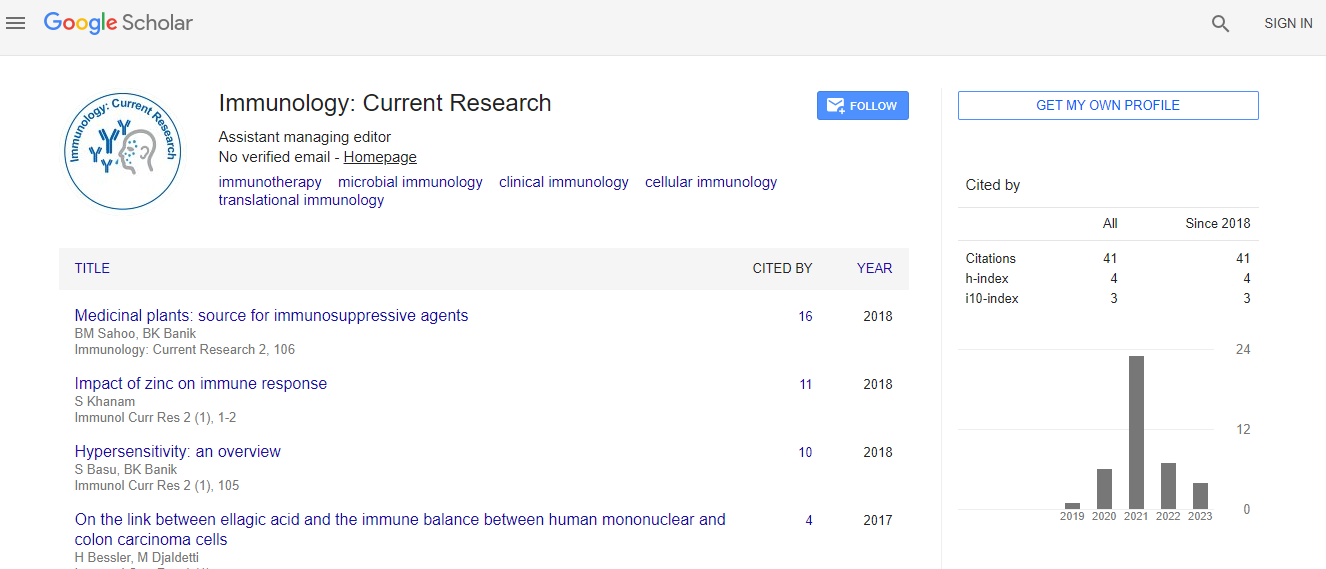The Drug Allergy App: Key Strategy To Overcome Barriers To Best Practice
*Corresponding Author:
Copyright: © 2020 . This is an open-access article distributed under the terms of the Creative Commons Attribution License, which permits unrestricted use, distribution, and reproduction in any medium, provided the original author and source are credited.
Abstract
Drug allergies are common. They limit treatment options, can lead to medication errors, suboptimal management and result in increased morbidity, mortality, prolonged hospitalisation and costs. Accurate collection and documentation of drug allergy history is essential to minimise the risk of serious medication errors. Aims: 1) To develop a drug allergy app that will guide drug allergy history taking and documentation nd serve as an educational platform that encourages safe medical practice and reinforce best practice. 2) The classification generated by the app is based on the NICE clinical guidance [183] on the diagnosis and management of drug allergies. Objectives: 1) To evaluate the accuracy of penicillin allergy history documentation at the Trust and whether current practice is in line with NICE clinical guidance 183. 2) To assess prescribers knowledge of penicillin allergy diagnosis and management 3) To Identify prescribers views on best practice 4) To explore practical aspects of implementing a de-labelling pathway in an NHS hospital Results and discussion: We found that inappropriate penicillin allergy labelling (In-PenA) is related to many factors, these included: knowledge gaps, lack of training in allergy medicine amongst healthcare professionals and errors in documentation. In-PenA may subsequently increase the risk of multiresistant microorganisms such as Methicillin Resistant Staphylococcus aureus (MRSA) and Clostridium difficile (C diff). The algorithm has the lowest risk for misclassification of outcomes with a high NPV (100%) and sensitivity (100%) with good PPV (95%) and Specificity (96%) on the retrospective validation. It is currently undergoing prospective validation with favourable outcome. Conclusion:The drug allergyApp may revolutionise the prescribers approach to patients with a penicillin allergy label.From our survey of prescribers; there was an obvious tendency to adopt an overcautious approach to prescribing alternative beta-lactams in patients with reported penicillin allergy

 Spanish
Spanish  Chinese
Chinese  Russian
Russian  German
German  French
French  Japanese
Japanese  Portuguese
Portuguese  Hindi
Hindi 
